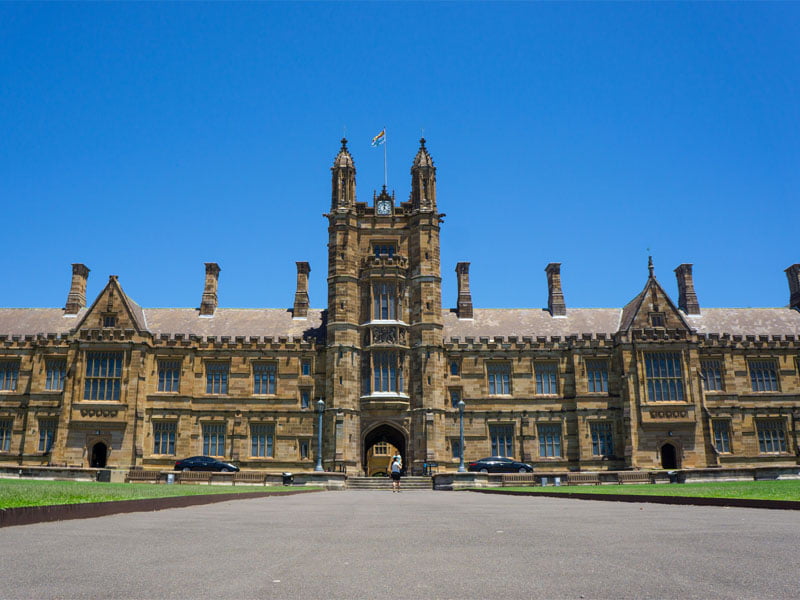An innovation centre that has been operating for more than 25 years has shut its doors for good as things get tough for small consultancies operating in the tech sector.
The Australian Centre for Innovation, housed within the University of Sydney, entered voluntary liquidation earlier this month after 26 years of “championing the key role of innovation and economic competitiveness”.
The centre’s executive director Ron Johnston said it was a decision that “had to be made”.

“Over the past couple of years it has become increasingly difficult for boutique consultants with very special, deep knowledge and lots of capacity to get the kind of work we once had very regularly,” Mr Johnston told InnovationAus.com.
“The big three consultancies have moved to systematically hoover up all the government consulting. It has become a new game in which we weren’t having much impact, and we didn’t want to keep banging our heads against the wall,” he said.
As part of the voluntary liquidation, the centre will gift assets of $700,000 to the Warren Centre of Advanced Engineering in an effort to promote “humanitarian innovation”, with two new programs to run over a number of years.
The centre was launched in 1992 with an aim to “address the challenges of the future through innovation”. Its work involved analysing emerging technologies and their potential impact, developing strategies for various companies, promoting innovation to SMEs and improving university-industry collaboration.
But Mr Johnston said the federal government in particular had turned away from smaller consultants in recent years.
“The environment for talking about innovation is a tough one. It’s a discussion item but it’s not leading anywhere. It’s become extremely difficult,” he said.
“Governments, ministers and ministers’ staff are not reaching out for identified expertise – they think they have it all themselves or they’ve already got a favoured source of knowledge.”
“In terms of contributing to the public debate about major economic issues, it’s a tough environment.”
He lamented the fact that innovation policy was no longer front and centre in the national debate, as it had briefly been before the last election.
“We had a moment in the sun where all the ministers looked at it but from various experiences, [but then] innovation became associated with job destruction. It is a word that politicians are tending to avoid if they can. It’s not seriously on the agenda, it’s not seen as being something which has a big impact on the public. It’s a tough time,” Mr Johnston said.
The Australian Centre for Innovation Policy was able to make an impact over its more than two decades of life, he said.
“We’re quite happy that we made a very big difference. For about 15 years we were significantly shaping innovation policy, the understanding of technology and more sophisticated views emerging in boardrooms,” Mr Johnston said.
“That had a lot to do with us doing briefings and presentations and training to increase the capacity of Australian businesses to make decisions under the uncertainty of innovation,” he said.
“That contributed nationally to a new generation of technology and economically-literate engineers and scientists, who can now contribute much more than they would have in the past. But whether they are being listened to or not though is harder to say.”
Mr Johnston said that he wuld still have a role to play in the innovation policy space.
“I am winding down a bit but not walking away. I’m not giving up but I’m coming at it from a different direction,” he said.
Do you know more? Contact James Riley via Email.

